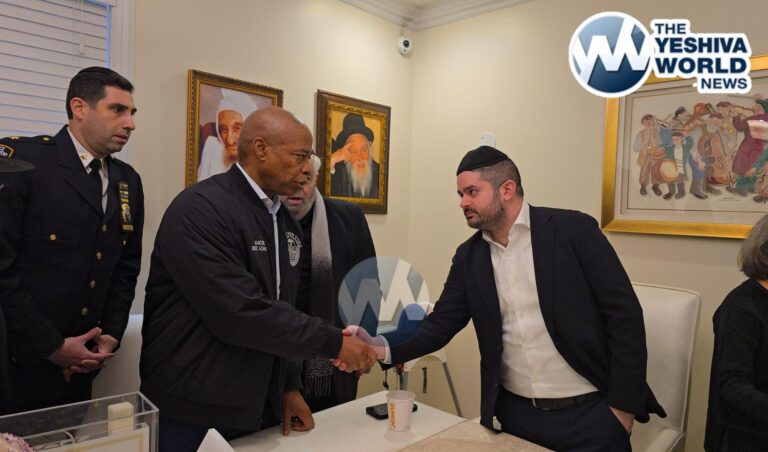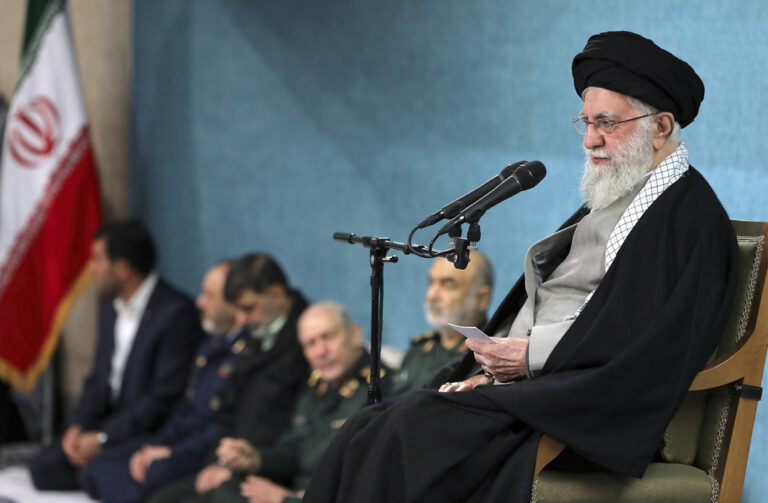 The following are excerpts of an article which appeared in the business section of today’s NY Times:
The following are excerpts of an article which appeared in the business section of today’s NY Times:
The rabbis, scientists and engineers of the Zomet Institute are trying to solve the problems that arise when technology and the Torah collide.
Working from their research facility in the West Bank settlement of Alon Shvut, they create electronic devices — from phones to alarm systems to motorized vehicles — that obey Orthodox Jewish laws about the Sabbath, when even turning an electric current on or off is forbidden.
“We’re trying to combine making a modern Jewish state with age-old Jewish law,” said Dan Marans, executive director of Zomet. That requires both a deep knowledge of Judaism’s legal code, or halacha, and a bit of ingenuity.
For decades, research groups like Zomet enjoyed a near-monopoly on the kosher gadget industry. They sold most of their inventions to the Israeli government and military.
Now multinationals, Orthodox entrepreneurs and small businesses across the globe are creating rabbinically approved products.
The inventions, which help the world’s more than 1.5 million Orthodox Jews use the conveniences of modern life, are gaining in popularity as manufacturing in Asia keeps prices low and the Internet makes it easier to shop for niche products.
Rabbi Shmuel Veffer, president of Kosher Innovations, based in Toronto, is just one of the entrepreneurs who has benefited. In 2004, Mr. Veffer invented the Kosher Lamp, with a shade that can be twisted to block out the bulb’s light but that does not turn it off.
Mr. Veffer said he has sold “tens of thousands” of the lamps, including a more expensive model and a children’s version shaped like a teddy bear. All of the lamps are manufactured in China.
Kosher Innovations now sells a dozen products, including a lighting device to check produce for insects and a Sabbath-observant alarm clock, in nearly 400 stores from New York to London to Sydney. Mr. Veffer made sure to receive religious certification from prominent rabbinical authorities in each country where his products are sold.
But, “the kosher consumer has an influence in the marketplace that goes way beyond actual numbers,” said Dr. Avrom Pollak, president of Star-K, based in Baltimore, which certifies as kosher everything from major appliances to food, alcohol and some prescriptions.
For example, Dr. Pollak said, Orthodox Jewish households spend a lot more time, attention and money on their kitchens than other American consumers, which is why 14 major home appliance brands have sought kosher certification from Star-K.
Star-K also monitors some Chinese factories that make kosher products to insure they are complying with Jewish law.
While modern technology was intended to make the chores of daily life less difficult, the proliferation of automatic motors, sensors and lights into more household items has become a growing problem for the strictly observant.
In the last 10 years, manufacturers like Whirlpool and Viking have put Sabbath mode settings on most of their ovens, refrigerators, and even wine cellars. General Electric introduced its Sabbath mode in 2000, and said the special setting is featured on more than 150 of its wall ovens, ranges and other cooking appliances.
These modes either turn off certain lights, fans and alarms, or use a Jewish legal concept known as “gramma,” or indirect action, to operate the appliance on holy days.
In refrigerators, for example, a built-in delay prevents the compressor from turning on immediately after the door is opened.
Zomet created the metal detectors used to screen worshippers at the Western Wall, in a manner that uses electricity in a way not prohibited on the Sabbath. It also developed pens that use ink that disappears after a few days, based on a rabbinic interpretation that only forbids permanent writing, and Sabbath phones, which are dialed in an indirect manner with special buttons and a microprocessor.
According to Mr. Marans, the Israeli army bought 1,000 of these phones in 2007, so that Orthodox soldiers can take part in military operations on the Sabbath and holidays. Hospitals and medical personnel also use these technologies. “Obviously they are needed to protect the country, but we want to limit the desecration of Shabbat as much as possible,” Mr. Marans said.
Zomet has invented Sabbath-friendly wheelchairs, sound systems and elevators that stop on each floor, and developed a Shabbat scooter with Michigan-based Amigo Mobility International.
Rabbi Herschel Schachter, the head of the rabbinical school at Yeshiva University in New York City and a Jewish legal expert for the Kosher division of the Union of Orthodox Jewish Congregations of America, said that there have been disagreements between Israeli and American rabbis over the permissibility of some Sabbath devices.
He said he has rejected certain inventions because the interpretations of religious law supporting them were too murky, and the products did not address a great need.
Still, he said, “if you make the burden slightly lighter, it’s O.K. The Torah doesn’t want to make life impossible.”
Click HERE to read the full article on the NY Times website.











2 Responses
Ah Yid gibt zich an eitzeh.
Thank you Tzomet, you have provided many facilities for the handicap to use on shabbos.